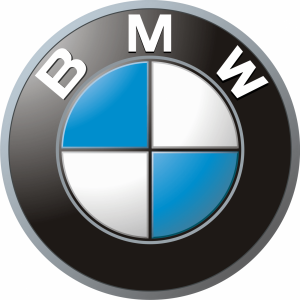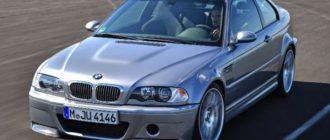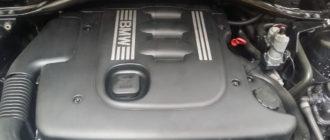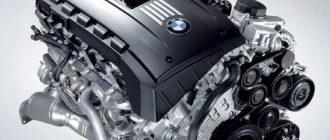Bavarian motor builders (BMW) operated a straight, 4-cylinder, 16-valve, two-liter BMW 2.0 (M47) engine for almost 10 years from 1998 to 2007, equipping not only BMW models but also English models Rover 75 and Land Rover Freelander.
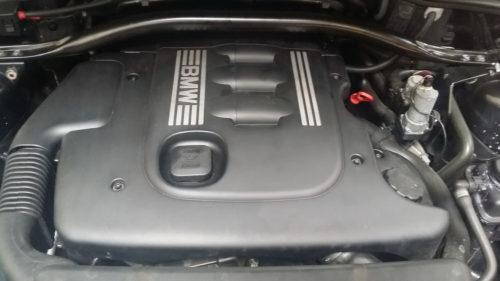
Initially, the M47D20 had a displacement of 1951 cm³ and direct injection, delivering 115 hp and 136 hp. The upgraded engine M47TUD20 in 2001 had 1995 cm³, Common Rail system, and 163 hp, boasting the highest specific power among its peers. In 2007, the M47 engine gave way to the new BMW engine — N47.
Advantages and disadvantages of the BMW 2.0 (M47) engine
The inline, with two camshafts in the engine head, cast iron, BMW M47 2.0 diesel engine convinced everyone of its reliability and unpretentiousness with its flawless operation. The M47 engine uses an EGR valve, dual-mass flywheel, and Bosch EDC15 control unit. At the time, the M47 was the best in its class of engines with direct injection.
However, even the sun has its spots. The main advantages and disadvantages of the BMW 2.0 (M47) engine:
- Advantages:
- Practical indestructibility and reliability.
- Longevity of turbochargers and injectors.
- Disadvantages:
- Constant issues with the crankshaft damper pulley.
- Malfunctions in the operation of flaps, mainly due to their fastening.
- Malfunctions in the operation of the ECU (electronic control units).
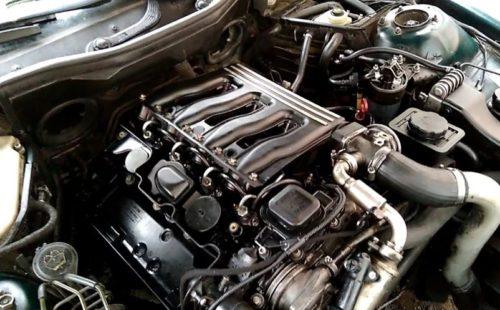
Specifications of BMW M47 engines
Various modifications of the M47 engine have the following parameters:
| Modification | Displacement (dm³ and liters) | Power (hp and rpm in thousands) | Torque and rpm in thousands) | Piston diameter and stroke | Environmental class of BMW 2.0 (M47) |
| M47 | 1,951/2 | 116/4 136/4 | 265/1,75 280/1,75 | 84×88 | Euro 3 |
| M47D20TU | 1,995/2 | 116/4 150/5,5 | 280/1,75 330/2 | 84×90 | Euro 4 |
| M47D20TU2 | 1,995/2 | 122/4 163/4 | 280/2 340/2 | 84×90 | Euro 4 |
Crankshaft damper pulley
The crankshaft pulley usually breaks along the damper rubber insert, indicated by extraneous sounds. However, with timely and quality maintenance, including engine oil replacement, it can operate for up to 150,000 km, after which it needs to be replaced along with the timing belt.
Swirl flaps of BMW 2.0 (M47)
Initially, swirl flaps were not provided in the original version, they only appeared in 2001 and immediately became a problem for the upgraded M47TU and M47TUD20 engines. Attached to the spindle with two screws, they often broke off and «flew» to the cylinders, with all the ensuing consequences in a direct and figurative sense.
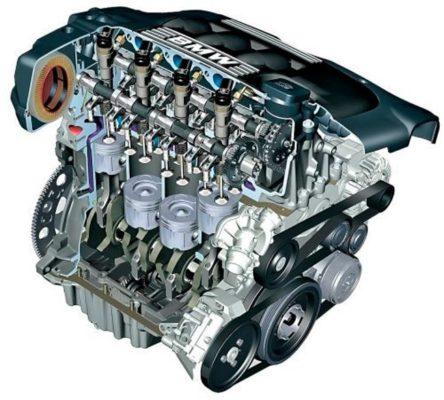
In 2004, BMW engineers reinforced both the fastening itself and the flaps with spindles, but this did not fundamentally change the situation. Subsequently, the turbocharged diesel engines N47 and N57 that replaced the M47 were equipped with plastic flaps, which caused less damage when they broke off.
Turbine of BMW 2.0 M47
All M47 engines use turbines with variable geometry produced by the American company Garrett, supplying turbochargers to many leading global automakers.
In our specific case, we are talking about GT1749V turbines with a vacuum actuator and GT1752V turbine with an electric actuator rod installed on the M47D20TU2 engine. The usual cause of turbocharger failure is extended oil change intervals.
Read more: Engine M54: power unit overview
Fuel system
The fuel pump works well and for a long time. In case of any issues, they usually occur due to oil «starvation», resulting in engine start-up failures (fuel is supplied in excess and/or too early) and, naturally, piston damage.
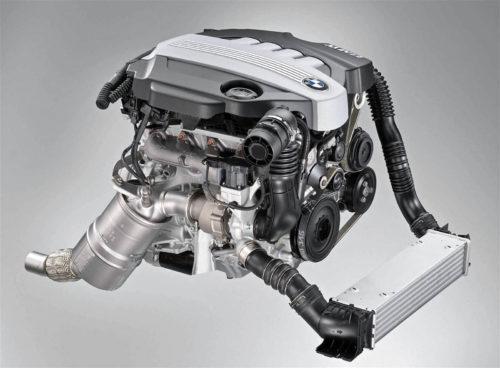
So the M47 engine with the Common Rail direct injection system, electronically controlled, would be ideal if not for malfunctions in this very electronics due to high temperatures and/or prolonged maximum loads.
Cranshaft of BMW 2.0 (M47)
And of course, the crankshaft, which in any engine, including the M47, is the main costly part in repairs and replacement. The usual cause of failure is the same — insufficient and/or untimely lubrication, leading to excessive friction and corresponding breakdowns, including connecting rod journals.
If the engine stalls at full steering wheel turn, it is clearly due to the low crankshaft speed. Prolonged operation of the engine at maximum loads should be avoided, as it may lead to the need for a major overhaul or even replacement, which is very costly.
Fuel and oil consumption
M47D20TU2 consumes around 7.9 liters of diesel fuel per 100 km in urban conditions, 4.5 liters on the highway, and 5.7 liters in mixed conditions.
Out of the 5.2 liters of oil in the engine, if it is filled to the brim, at an operating temperature of 90°C, up to 700 grams are used every thousand kilometers.
